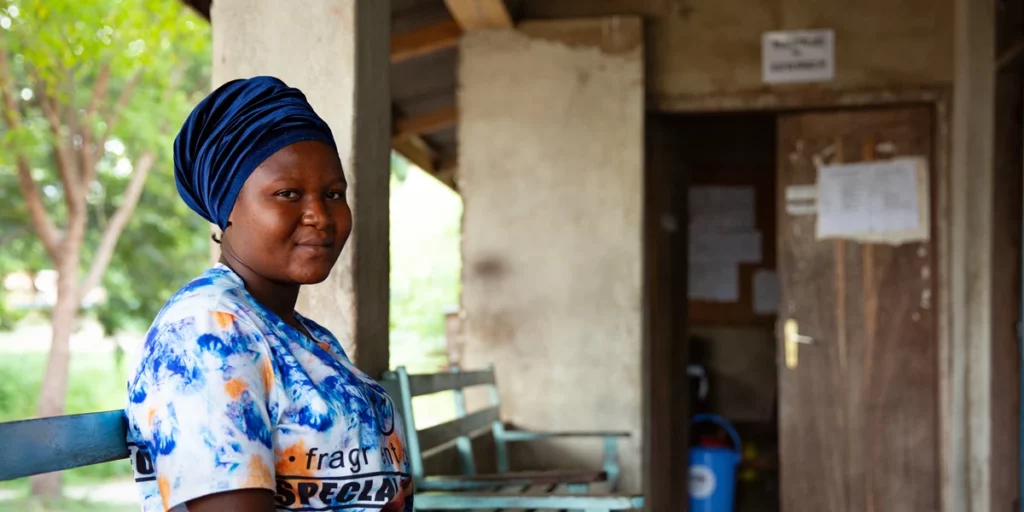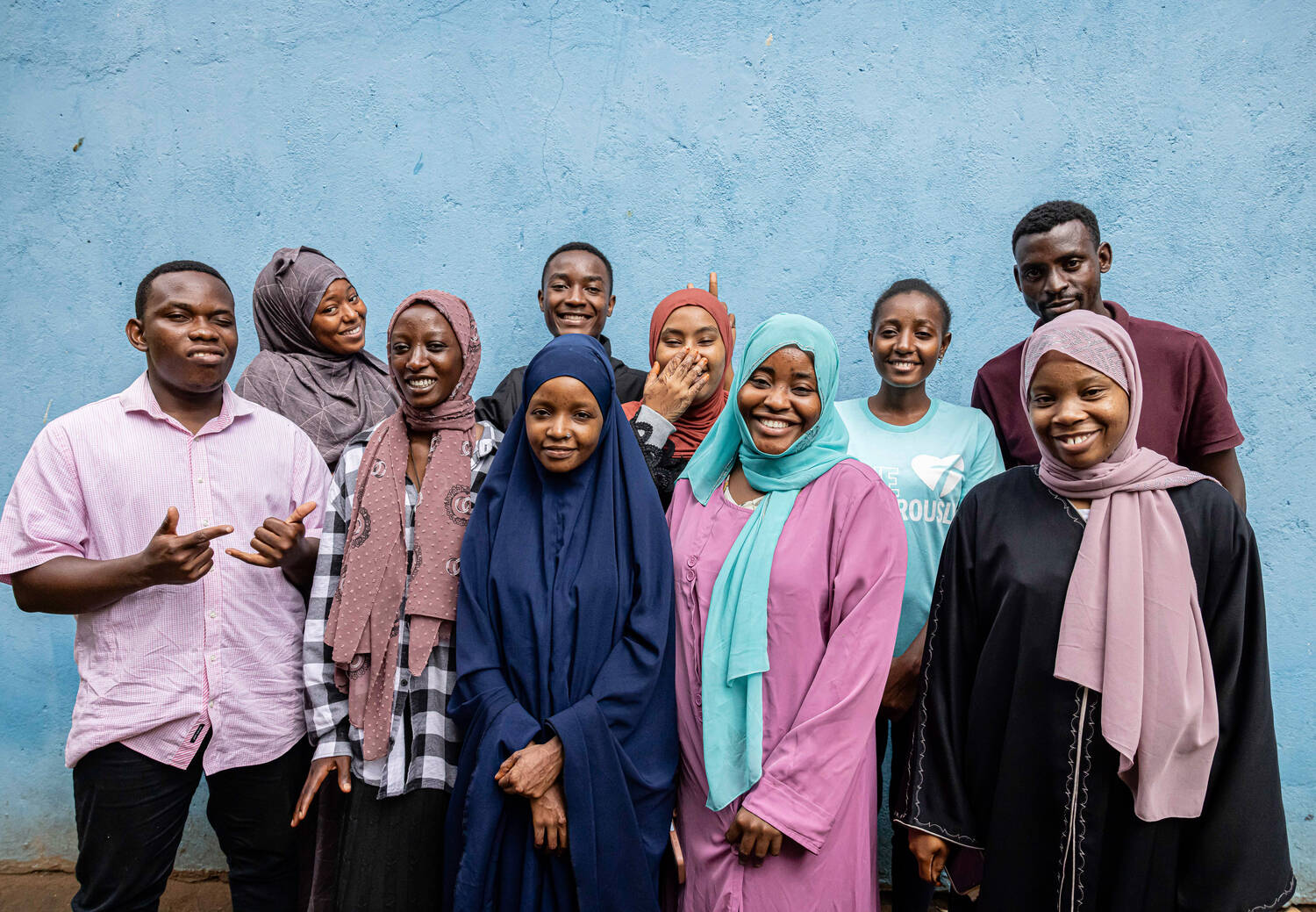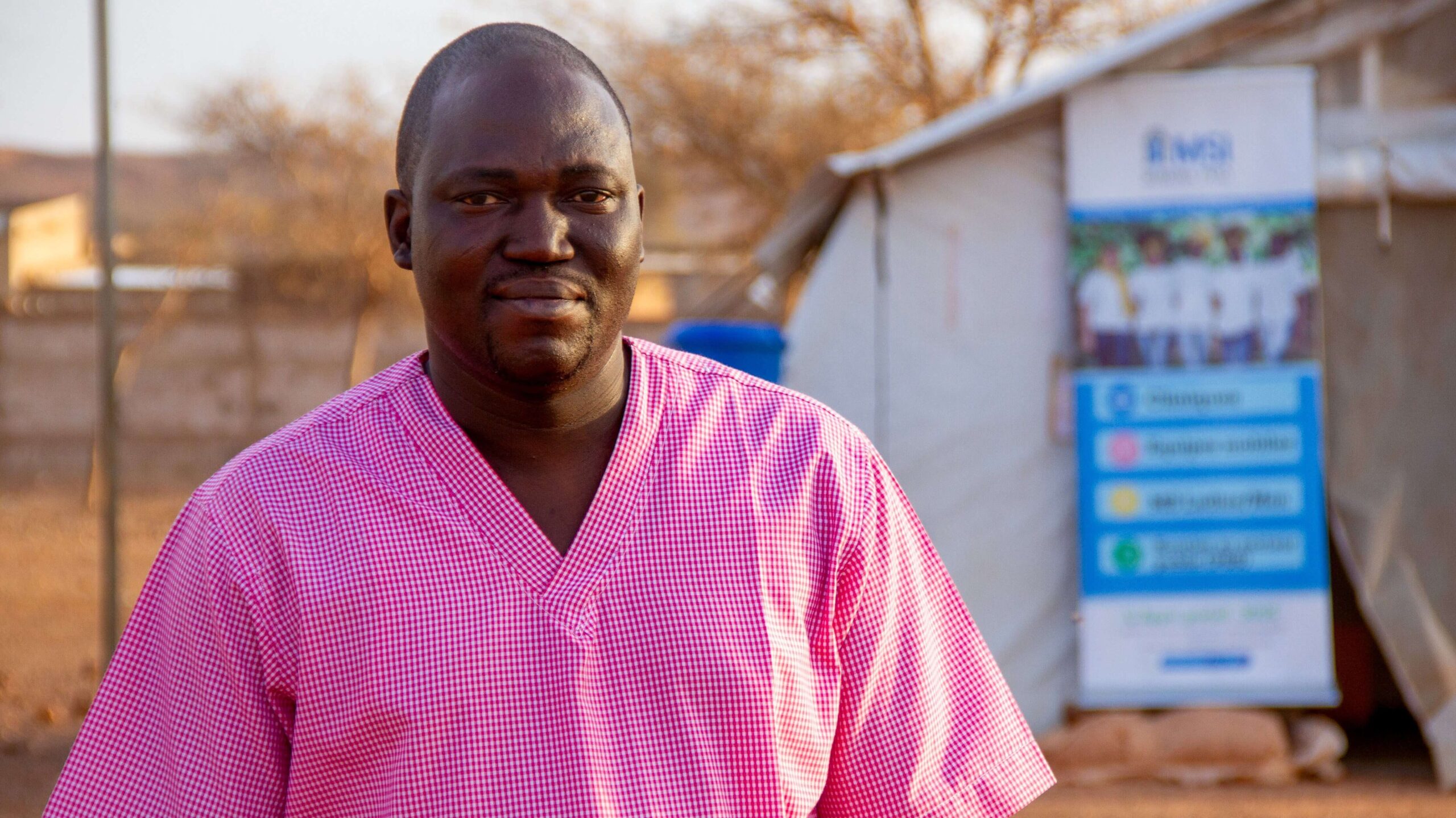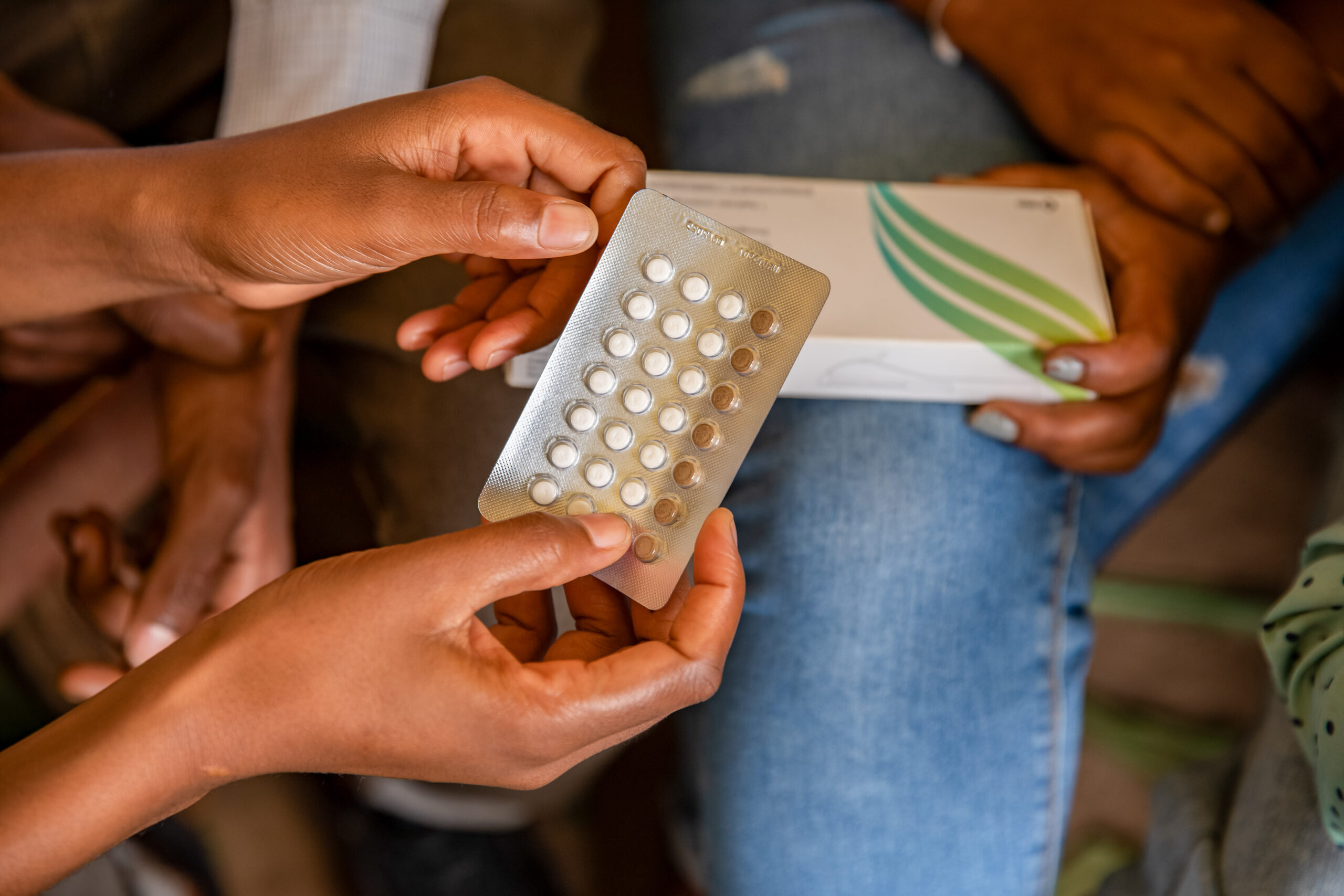For International Youth Day, we’re putting a spotlight on our Youth for Health project. It’s reaching young people with life-changing reproductive choices, giving them unprecedented opportunities to determine their future paths.

Esther Kariuki, Project and Communications Officer for the EU co-funded Youth for Health project, recently travelled to Tanzania to learn about the project first-hand. She shares how MSI and our partners are supporting adolescents’ futures, with access to sexual and reproductive health and rights:
The journey from Tanzania’s capital, Dar-es-Salaam, took 10 hours and my senses were in overdrive! The Morogoro region is a rural area – characterised by narrow, steep roads, surrounded by forests, rivers and mountains. It’s densely populated with huge, cultivated lands as people here depend on farming as their main source of food and income.
Here, I met a young mother, 19-year-old Zawada, who shared that she had to drop out of school after getting pregnant. Looking back at her experience, she told me that if she had access to the right information and the use of family planning, she could have made a different choice.
Her story is not unique. That’s why MSI has been working here with the Ministry of Health and partner organisations Sikika and DSW to support young people with their sexual health and reproductive choices. Together, we’re working to increase awareness of reproductive health services among adolescents, improve health workers’ knowledge and ability to provide youth-friendly services, and influence the broader political and economic environment, so that young people can more easily access healthcare.
It’s no easy task. From conversations with young people I met, I learned that knowledge about sexual and reproductive health , including STIs, sex and pregnancy, is limited. Communication is often lacking, especially between parents and children. Young people speaking about sex is seen as taboo – it’s often discussed in hushed voices and carries a lot of shame. And when adolescents and youth talk among themselves, the information shared is often filled with myths and misconceptions. Many of these conversations reminded me of my own experiences growing up in Kenya.
Many teenagers who do get information and seek services are turned away. One of the public sector health workers told me: “Whenever I received a young person at the health centre seeking family planning and other reproductive health services, I would immediately associate them with promiscuity. I would offer services to young people, but with a lot of judgement. I felt family planning was meant for adults.”
Although this sounds shocking, it’s the reality for many young people throughout Africa. Our societies have refused to acknowledge that adolescents and youth are sexually active. Governments can be resistant to prioritising adolescents’ sexual and reproductive health as it’s a highly emotive topic, deeply rooted in moral, religious and cultural norms.
The Youth for Health project is addressing this by providing training to health workers, such as Bernard Bernardo, a Ministry of Health provider, on youth-friendly services. MSI and its partners are also working closely with adolescents and young people, including youth champions, as well as communities and leaders to address harmful gender and social norms.
Throughout my visit, I got a better understanding of what it means to reach the poorest and most marginalised adolescent girls and youth in rural and hard-to-reach areas. Most of the health centres supported by this project are in very remote areas, with poor roads and infrastructure. At times these roads are inaccessible, particularly during rainy seasons. But despite these obstacles, the project’s impact is already being felt. Through the project so far, over 16,000 consultations have been provided to adolescents, supporting them with their sexual and reproductive healthcare
Listening to the young people who have benefitted was encouraging. The Youth for Health team in Tanzania ensures that young people are playing an active role in the project and their own reproductive healthcare, including working with youth champions such as 19-year-old Ramadhani Kinassa. This involvement and sense of ownership will be critical in ensuring the progress made during the Youth for Health project continues in years to come.
This week, as we acknowledge and celebrate youth worldwide, we should include the most vulnerable and marginalised. Young people are our future – it’s time to listen to their voices and aspirations.
The Youth for Health Project
The Youth for Health (Y4H) project is a three-year initiative co-funded by the European Union that works to expand access to life-changing adolescent sexual and reproductive healthcare and rights. Its focus is on reaching the poorest and most marginalised adolescent girls, including those living with disabilities, and in rural and hard-to-reach areas of Ethiopia, Ghana, Kenya, Sierra Leone, Tanzania, and Zambia. By unlocking demand and access and contributing towards changes in favour of supportive policies and funding environments, Y4H will increase and sustain access to reproductive choices for girls and young women.
It is being implemented by MSI Reproductive Choices together with Deutsche Stiftung Weltbevölkerung (DSW), Centre for the Study of Adolescence (CSA) Kenya, Health Alert Sierra Leone (HASiL), Youth Advocates Ghana (YAG), Sikika in Tanzania, Restless Development Zambia and Youth Network for Sustainable Development (YNSD) in Ethiopia.








